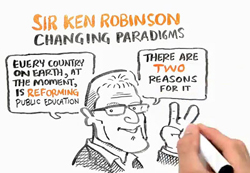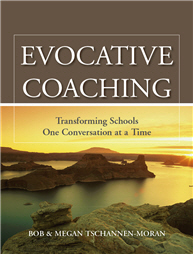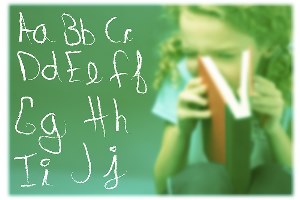Martha Llanos, Peru
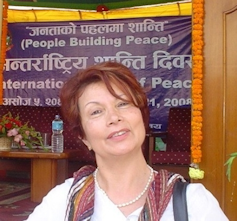 In my varied career, including my time as the first UNICEF Regional Advisor for Latin America and the Caribbean, I have worked for the rights of the child in Peru and around the world.
In my varied career, including my time as the first UNICEF Regional Advisor for Latin America and the Caribbean, I have worked for the rights of the child in Peru and around the world.
Last year I had a wonderful time sharing Peace Ambassadors workshops with women and girls from India, Nepal, and Greece.
I just completed three presentations at the International Conference on Human Development that took place in Lima.
Now I am preparing to journey to Slovenia and Croatia to work on intercultural issues and coping and resilience in emergency situations.
All my work is peace education. The heart of peace education is understanding people’s lives, dreams, cultures, and practices and appreciating them in whatever contributions they make to society.
Peace education encompasses flexibility, creativity, discovery, and finding value in every way that collectivity can be built for the common good. Values such as cooperation, trust, solidarity, and respect are essential for peace building.
As Mahatma Gandhi said:
If we want true peace in the world, we shall have to start with the children. We will not have peace in the world if we continue to violate children’s rights.
To build a global culture of peace we must build a collective vision in which the culture of peace features presented in the UNESCO Manifesto are expressed in our everyday life: Continue reading →
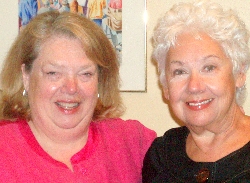 Recently the Inquiry Institute conducted an interview with Marge Schiller and Joyce Lemke, two of our well-known PCC members.
Recently the Inquiry Institute conducted an interview with Marge Schiller and Joyce Lemke, two of our well-known PCC members.

